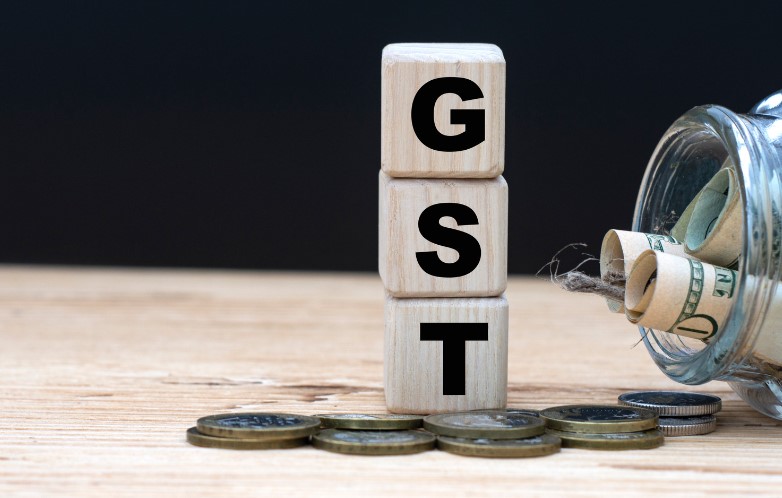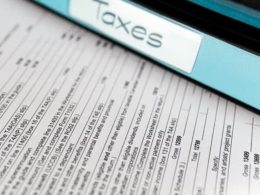Are you a resident of British Columbia wondering how much GST you need to pay? The Goods and Services Tax (GST) is an essential part of any business transaction in Canada, but it can be confusing for individuals who are not familiar with the process. If you’re looking for answers on how much GST applies in BC, then look no further!
This blog post will provide you with an overview of everything you need to know about GST in BC, including what goods and services are taxed, when GST is charged, how to register for GST, penalties for non-payment, tips on filing your return and more. So let’s get started!
An Overview of GST in Canada
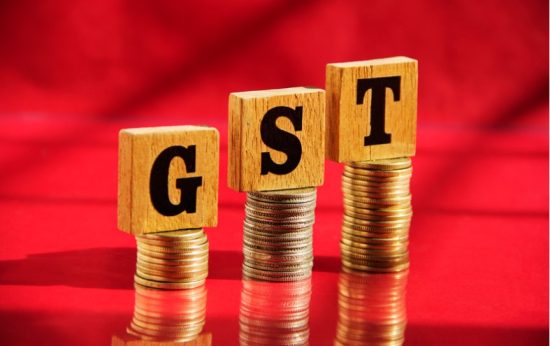
GST, or Goods and Services Tax, is a federal tax in Canada that applies to most goods and services sold within the country. It was introduced in 1991 as part of the government’s plan to simplify the tax system. GST is calculated at a rate of 5% on top of the sale price of goods and services.
The purpose of GST is to provide revenue for both the federal government and provincial governments. The revenue collected from GST helps fund various programs such as healthcare, education, infrastructure development and more.
One thing worth noting about GST is that it’s different from PST (Provincial Sales Tax). While they may seem similar, PST is applied only at a province level, while GST applies throughout Canada. Some provinces have combined both taxes into one Harmonized Sales Tax (HST), but BC continues to have separate taxes.
Understanding how much you pay for GST can be tricky, but knowing where your money goes can help bring peace of mind when filing your returns each year.
How Much is GST in BC?
GST, or Goods and Services Tax, is a federal tax applied to goods and services sold in Canada. Each province has its own GST rate, which means that the amount of GST you pay will vary depending on where you live. In British Columbia (BC), the current GST rate is 5%. This means that if you purchase an item worth $100, you will pay an extra $5 as GST.
It’s important to note that some items are exempt from the GST in BC. These include basic groceries, prescription drugs, and certain medical devices. However, most other goods and services are subject to the 5% tax rate.
What Goods and Services are Taxed in BC?
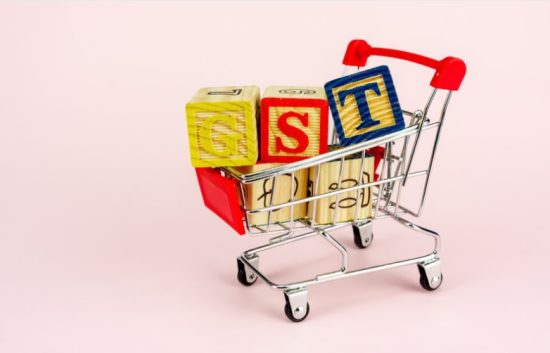
In British Columbia, the Goods and Services Tax (GST) is a value-added tax that applies to most goods and services sold or provided in the province. The current rate of GST in BC is 5%, which means that for every $100 spent on taxable goods or services, $5 goes towards GST.
So what exactly are these taxable goods and services? Generally speaking, almost all purchases made by consumers are taxed under the GST system. This includes items such as clothing, electronics, furniture, appliances, food (excluding basic groceries), gasoline and other fuels.
Certain professional services, such as legal advice and accounting, are also subject to Goods and Service Tax. Other types of transactions that may be subject to GST include real estate sales or rentals (commercial properties only), hotel stays, car rentals and more.
It’s important to note that some items may be exempt from GST depending on specific circumstances or exemptions granted by the government. For example, some educational materials may not be subject to GST if they meet certain criteria.
Though it’s safe to say that if you’re buying something in BC – chances are good that you’ll be paying 5% extra for it thanks to the provincial Goods & Services Tax!
When is GST Charged in BC?
GST, or Goods and Services Tax, is a consumption tax that is charged on most goods and services in Canada. In British Columbia, GST is charged at a rate of 5% on top of the purchase price.
But when exactly do you need to pay GST in BC? The answer to this question can be a bit complex as it depends on various factors such as the type of goods or services being purchased and who is making the purchase.
Generally speaking, if you are buying goods or services for personal use, you will not be required to pay GST. However, if you purchase items for business purposes – material supplies or office equipment – you may need to charge your customers GST on these purchases.
It’s also important to note that certain categories of products are exempt from GST in BC. These include basic groceries like bread and milk as well as prescription medication.
If your business earns more than $30,000 per year in revenue from taxable items (including sales made outside BC), you must register for a GST account with the federal government. This means you will need to collect GST from your customers and remit it to the government accordingly.
How to Register for GST in BC?

Registering for GST in BC is a relatively straightforward process, and it’s essential to do so if your business meets certain criteria.
- First, determine whether your business is required to register for GST based on its annual revenue. If it exceeds the $30,000 threshold, then you must register.
- Next, gather all the necessary information to complete the registration process. This includes your business name and number (if applicable), contact information, and banking details for direct deposit of any refunds owed.
- Once you have gathered all of this information, head to the Canada Revenue Agency website or call their toll-free number to start the application process. You can also choose to hire an accountant or tax professional specializing in GST registration if you prefer not to handle this task alone.
- Remember that registering for GST means you will be required to charge customers GST on any taxable goods or services your small business provides. It’s important always to keep accurate records and stay up-to-date with filing deadlines once registered as well.
What are the Penalties for Not Paying GST in BC?
Not paying the GST in BC can have serious consequences. Here are some of the penalties that you may face:
- Late filing penalty: If you don’t file your GST returns on time, you will be charged a late filing penalty, which is calculated as a percentage of the amount owing.
- Interest charges: If you don’t pay your GST on time, interest charges will apply from the due date until payment is received.
- Audit and investigation fees: If the CRA conducts an audit or investigation into your business, they may charge you fees for their services.
- Legal action: In extreme cases, not paying your GST could result in legal action being taken against you by the CRA.
It’s important to note that these penalties can add up quickly and significantly impact your business finances. To avoid these penalties, staying organized and keeping track of all your tax obligations is crucial. Additionally, seeking professional assistance from an accountant or tax expert can help ensure compliance with government regulations and prevent potential issues.
Tips for Filing Your GST Return in BC
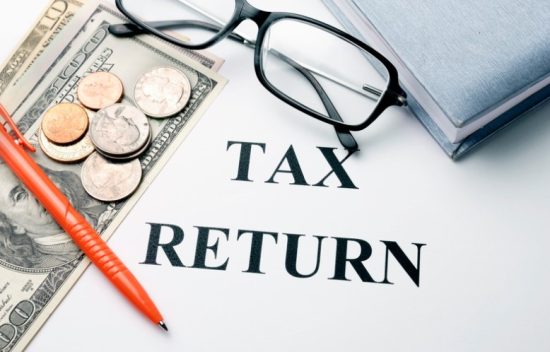
Filing your GST return in BC can be daunting, but with the right tips and tricks, it can be a breeze.
- Make sure you keep all of your receipts organized and easily accessible. This will save you time when it comes to filling out your return.
- Consider using accounting software to help streamline the process. There are many options available that can automate data entry and generate reports for you.
- It’s also important to double-check all of your calculations before submitting your tax return. A simple mistake could lead to penalties or interest charges from the government.
- If you’re unsure about any aspect of filing your GST return, don’t hesitate to reach out for professional help. Plenty of resources are available, including accountants and online forums where you can ask questions and get advice from experts in the field.
- Make sure to file on time! Late filings may result in penalties or interest charges, so mark those deadlines on your calendar as soon as possible.
By following these tips, filing your GST return in BC should be a stress-free experience.
Conclusion
Understanding how much GST is in BC and the regulations surrounding it can be overwhelming at first. However, educating yourself on these topics will ultimately save you money and prevent any legal trouble down the road. Remember to always stay up-to-date with any policy changes or updates, file your returns on time, and seek professional help if needed. With proper knowledge and preparation, navigating through GST in BC can be a smooth process for individuals and businesses.




